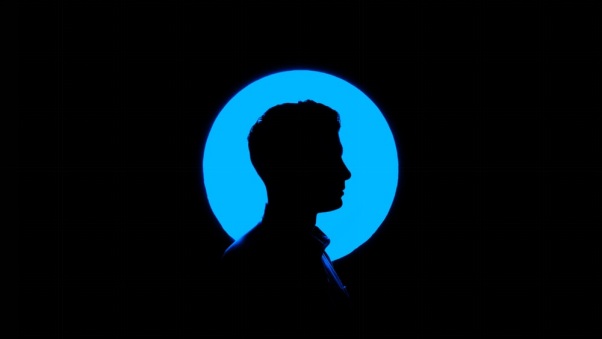Hollywood and other movie industries have played a major role in misrepresenting the practice of hypnosis by showing it as downright evil and manipulative or a quick fix to many problems, such as suppressed memories, weight loss, sleep disorders, and so on.
In today’s blog, we shall learn the truth behind some popular mistruths surrounding hypnosis.
Myth#1: Hypnotic Trance is an Unconsciousness State of Mind
Contrary to popular belief, hypnosis does not take away the consciousness of a person. In fact, it’s a state of hyperawareness wherein the person undergoing hypnosis is more open to suggestions, singularly focused, and highly imaginative.
Indeed, the part where they’re so focused on something else is why they may end up forgetting anything the hypnotist mentioned during the session, and nothing to do with them being completely zoned out and out of control.
Myth#2: People are Either Hypnotizable or Non-Hypnotizable
There’s no clear-cut line between who’s hypnotizable and who’s not hypnotizable. A better way to see this distinction would be to give it a degree.
There’s a degree to which every person responds to suggestions made during a hypnosis session. Some react positively to most suggestions, whereas others are about halfway or less than halfway hypnotizable. While we’ve yet to know how a positive response works for people, one thing is certain: no one is 100% hypnotizable or non-hypnotizable.
Myth#3: Hypnosis is the Same as Mindfulness
Mindfulness and hypnosis may be similar to each other, but removing any distinction between them would be a mistake. The two terms are different, at least in the way they’re defined by experts.
Hypnosis is an altered state of consciousness in which a person is highly responsive to specific suggestions. On the other hand, mindfulness is about observing spontaneous emotions without bias or judgment. The objectivity involved in the latter is what makes it different from the former.
Myth#4: Hypnosis Helps Recover ‘Hidden’ Memories
Caution must be exercised when using hypnosis as a tool to recover forgotten distant memories, especially memories related to childhood trauma or some other equally traumatic experience.
Not only is there no evidence to prove that hypnosis improves our ability to recall forgotten stuff, but there’s also the risk of creating false memories rather than retrieving real ones. Therefore, even if you do participate in a session for that intention, keep in mind that what you see, no matter how vivid, may not be what really happened.
Go for the Best Hypnosis Treatment in Rochester, NY
Unlike what pop culture will have you believe, there’s hardly anything dangerous or risky about hypnosis. However, you may want to go for the best in the field while you’re at it.
Therefore, we recommend you the subconscious mind healing techniques of Rekha Shrivastava, a certified hypnotist and rehab counselor with over 20 years in mental health services.
Learn how to express emotions, treat subconscious anxiety, join weight loss programs, and more through a hypnosis session with Shrivastava.
Grab a free consultation session with the counselor today.



Be First to Comment